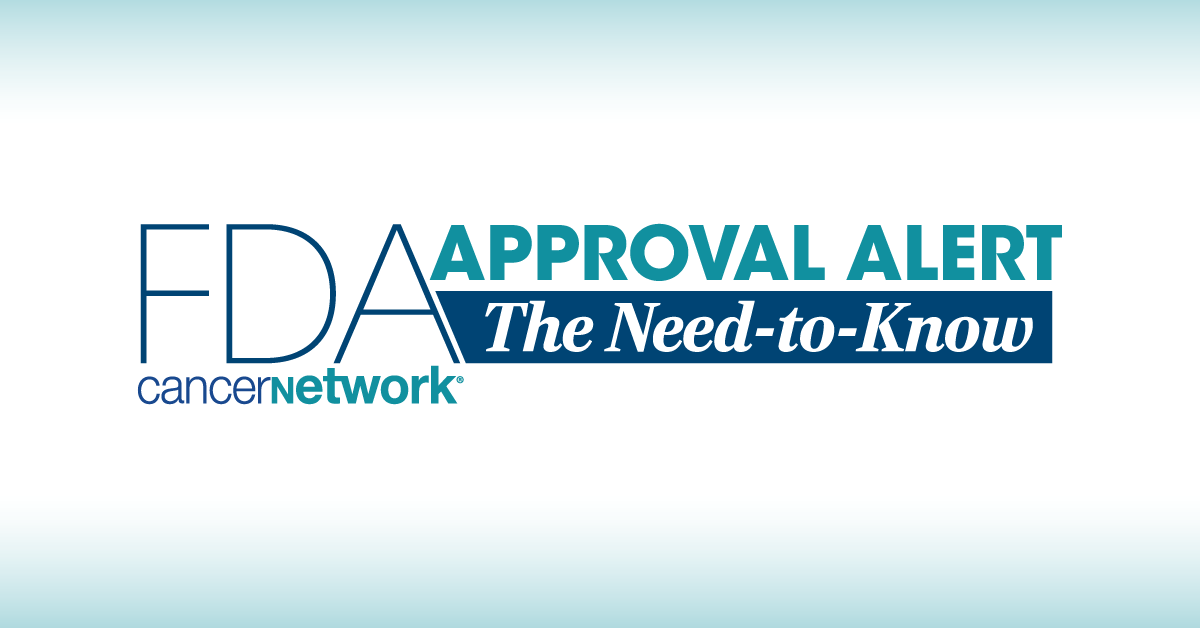Tarlatamab Earns Traditional FDA Approval in ES-SCLC
Data from the DeLLphi-304 trial support the full approval of tarlatamab in this extensive-stage small cell lung cancer population.
Supporting data for the approval came from the phase 3 DeLLphi-304 trial (NCT05740566), in which 509 patients with previously treated SCLC received tarlatamab or investigator's choice of chemotherapy with topotecan, lurbinectedin, or amrubicin.

The FDA has granted traditional approval to tarlatamab-dlle (Imdelltra) for adult patients with extensive-stage small cell lung cancer (ES-SCLC) following disease progression on or after prior platinum-containing chemotherapy, according to a press release from the agency.1
Supporting data for the approval came from the phase 3 DeLLphi-304 trial (NCT05740566), in which 509 patients with previously treated SCLC received tarlatamab or investigator's choice of chemotherapy with topotecan, lurbinectedin, or amrubicin. Topline data revealed a median overall survival (OS) of 13.6 months (95% CI, 11.1-not evaluable [NE]) with tarlatamab vs 8.3 months (95% CI, 7.0-10.2) with standard of care (HR, 0.60; 95% CI, 0.47-0.77; P <.001). Additionally, the median progression-free survival (PFS) was 4.2 months (95% CI, 3.0-4.4) vs 3.2 months (95% CI, 2.9-4.2) in each respective arm (HR, 0.72; 95% CI, 0.59-0.88; P <.001).
Investigators also noted that tarlatamab significantly improved dyspnea at week 18 vs standard therapy.
Prescribing information for tarlatamab includes warning for life-threatening or fatal cytokine release syndrome and neurologic toxicity such as immune effector cell-associated neurotoxicity syndrome. Other toxicities may include infections, cytopenias, hepatotoxicity, hypersensitivity, and embryo-fetal toxicity.
The agency approved the agent at a recommended dose of 1 mg on day 1 of cycle 1 followed by 10 mg on days 8 and 15 and then every 2 weeks until progressive disease or unacceptable toxicity.
The FDA previously granted accelerated approval to tarlatamab for this SCLC population in May 2024.2 Supporting data for the accelerated approval came from the phase 2 DELLphi-301 trial (NCT05060016).
References
- FDA grants traditional approval to tarlatamab-dlle for extensive stage small cell lung cancer. News release. FDA. November 19, 2025. Accessed November 19, 2025. https://tinyurl.com/yc7b96fw
- FDA grants accelerated approval to tarlatamab-dlle for extensive stage small cell lung cancer. News release. FDA. May 16, 2024. Accessed November 19, 2025. https://tinyurl.com/48k34rw5